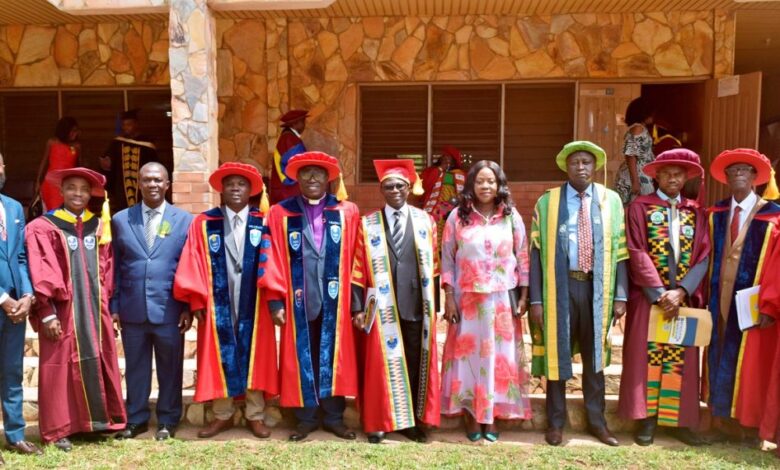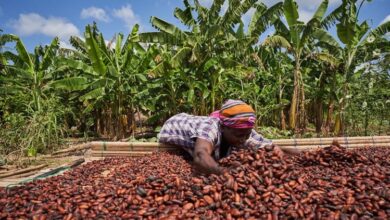
Telecel Ghana’s CEO, Ing. Patricia Obo-Nai, has emphasized the need for closer collaboration between higher educational institutions and industry to ensure that academic curricula integrate industrial skills, which are essential for nation-building.
Speaking at the 14th Matriculation and 16th Congregation of the Ghana Christian University College (GCUC) on the theme ‘Inculcating Industrial Skills in Academia: Key to Nation Building,’ Ing. Obo-Nai highlighted that the evolving global job market requires professionals with tech and data science skills. She stressed that the quality of graduates produced by academic institutions directly impacts the competitiveness of the nation’s workforce.
“From my years of experience in industry, I can confidently say that the quality of human resources is critical. The graduates we produce from our tertiary institutions will shape the future workforce. Universities and industries must create structured work readiness programs to bridge the gap between education and the job market,” she stated.
Ing. Obo-Nai further pointed out that the fast-paced changes in consumer needs and business sustainability require academia to stay ahead of industry trends, ensuring students are well-prepared for the workforce. She recommended that universities revise curricula to incorporate more industry input, foster partnerships with industries for practical projects, and offer continuous learning opportunities to bridge the gap between education and industry needs.
“Academia must stay in touch with, and ideally ahead of, industry to prepare a workforce fit for the future. Beyond acquiring hard skills and knowledge, education has the potential to transform knowledge into actionable outcomes,” she added.
The event, attended by members of the university’s Governing Council, Board of Trustees, faculty, and various guests, celebrated the matriculation of 356 new students and the graduation of 186 students from the Faculty of Health Sciences and the Faculty of Business Studies and Technology at GCUC.
Rev. Dr. James Yamoah, the newly inducted president of GCUC, also called for increased support from the private sector to enhance the university’s infrastructure and help achieve its vision of producing employable graduates.


